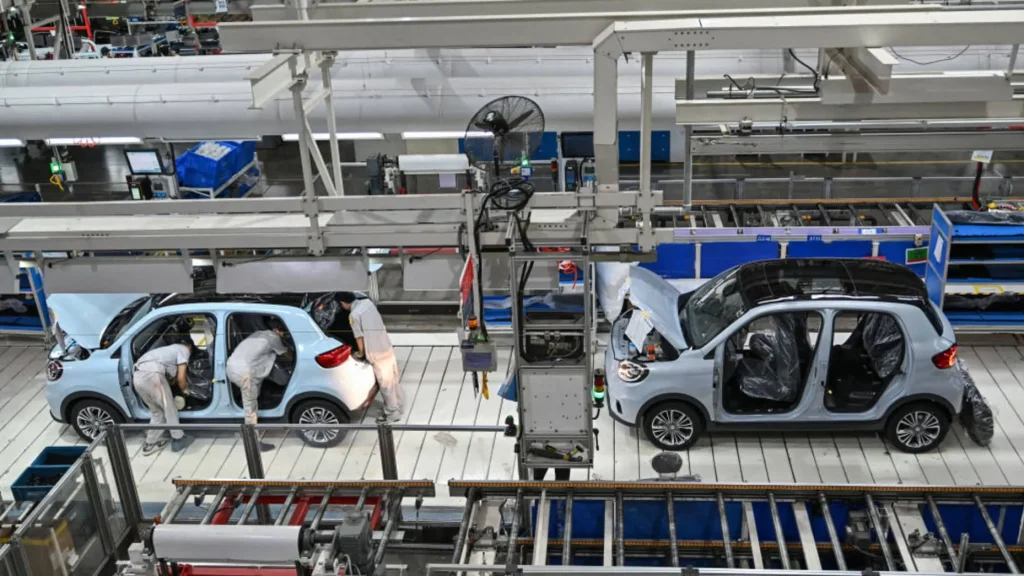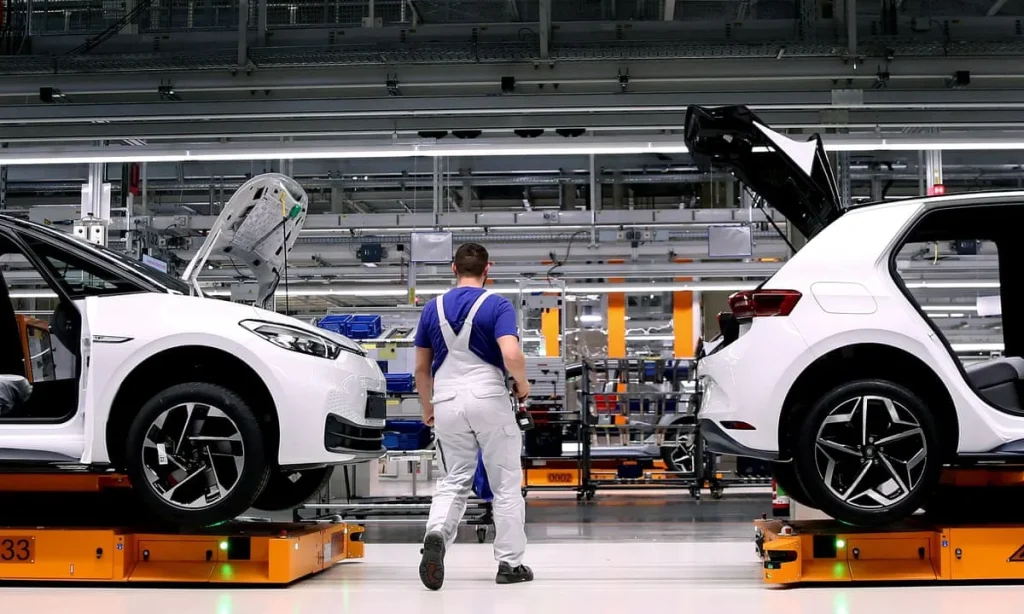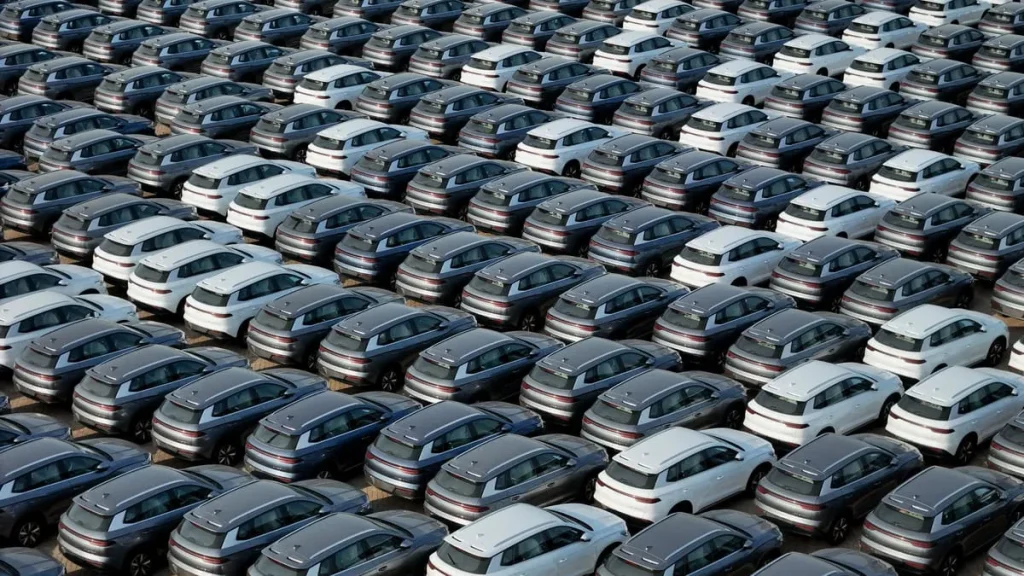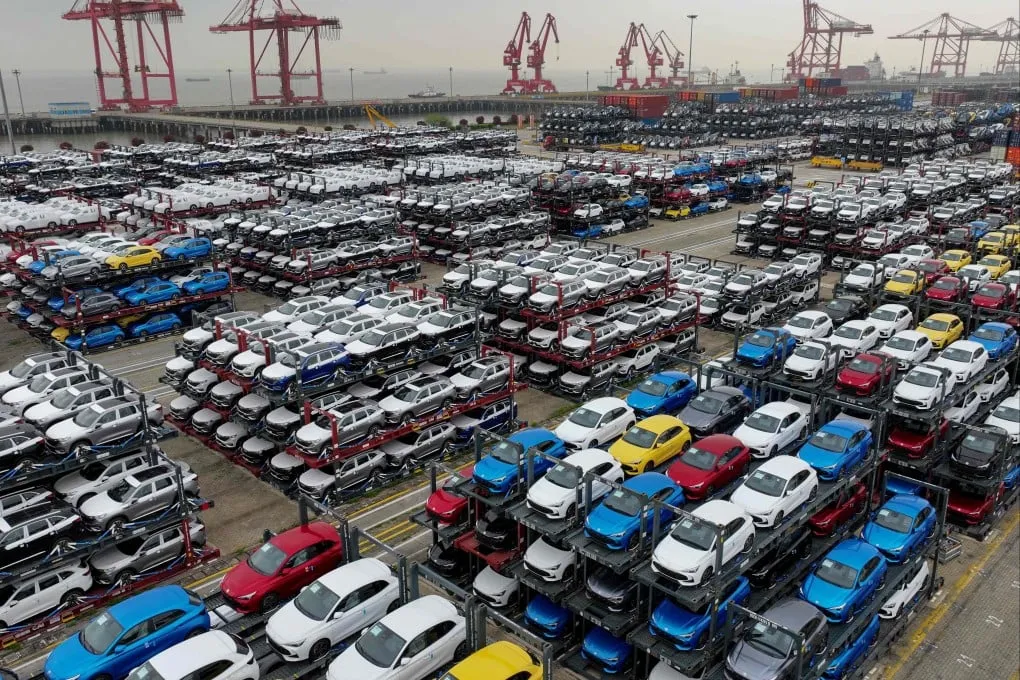EU Nations Face Retaliation Over China EV Tariffs
The European Union’s recent move to implement China EV tariffs has sparked concerns about potential retaliation from Beijing, with the focus now shifting to how and when China will respond to this escalation in the bloc’s most significant trade dispute in recent years.
The decision to impose China EV tariffs comes amid growing tensions between the EU and China, as the bloc seeks to protect its domestic electric vehicle industry from the influx of cheaper Chinese-made EVs. Nevertheless, this step was not left without attention from Beijing, which has declared its readiness to use all possible ways to protect companies’ interests.
Identifying Potential Targets for Retaliation
As the dust settles following the EU’s decision to implement China EV tariffs, attention has turned to identifying which member states may be most at risk of targeted retaliation from Beijing. Experts have said that countries that supported the China EV tariffs may be in for reprisal by China.
The votes cast by individual EU member states on the China EV tariffs issue may provide clues as to which nations are most likely to face the brunt of Beijing’s retaliation. Those countries that have publicly backed the tariffs, or who have vested interests in engaging in trade with China, may well also be considered fair game for similar reprisals in the future.

The Nature of China’s Retaliation
While the specifics of China’s potential retaliation against the EU’s China EV tariffs remain unclear, experts anticipate that Beijing’s response could take various forms. They may be in the form of increases tariffs on exports from the EU to China, limitations to market access for European investors, or engage in sectoral measures.
This made it possible for China to have strong leverage in trade disagreements and the nation has a practice of vengeful countermeasures in relation to its partners. Hence, the EU member states that have been supporting the China EV tariffs are waiting for the reactions of Beijing.

The Wider Context of EU-China Trade Relations
The dispute over China EV tariffs is just one facet of the complex and often strained trade relationship between the European Union and China. The EU has long had complains about China’s trade policies, specifically accusations of dumping, subsidization, and intellectual property infringement.
Lately, the EU has attempted a more aggressive approach to the activeness with China; the EU has tended significantly more to employ trade defense instruments including tariffs. The China EV tariffs decision is considered as one of these examples of the change in the approach.

Balancing Economic Interests and Strategic Priorities
As the EU navigates the fallout from its decision to impose China EV tariffs, member states will need to carefully balance their economic interests with broader strategic priorities. Some nations may be tempted to put short term gains ahead of others, but China is a large country, and the long term implications of possibly a broken relationship cannot be ignored.
The EU will have to gain closer co-operation with its member states to have a coordinated and coherent approach to China’s possible retaliation if the measures are imposed. It could mean helping industries and sectors particularly at risk of Chinese retaliation, exploring alternative markets and trade possibilities.

The Path Forward
As the EU and China continue to navigate the challenges posed by the China EV tariffs dispute, it is clear that finding a resolution will require careful diplomacy and a willingness to engage in constructive dialogue. Both parties will have to reach a compromise that would satisfy the EU and at the same time meeting the legitimate economic concerns of China.
In the meantime, EU member states that have supported the China EV tariffs will need to remain vigilant and prepared for the potential impact of Beijing’s retaliation. Combined, the EU must find a way of managing the risk resulting from this trade war lest the consequences are forced on them due to their unity.
